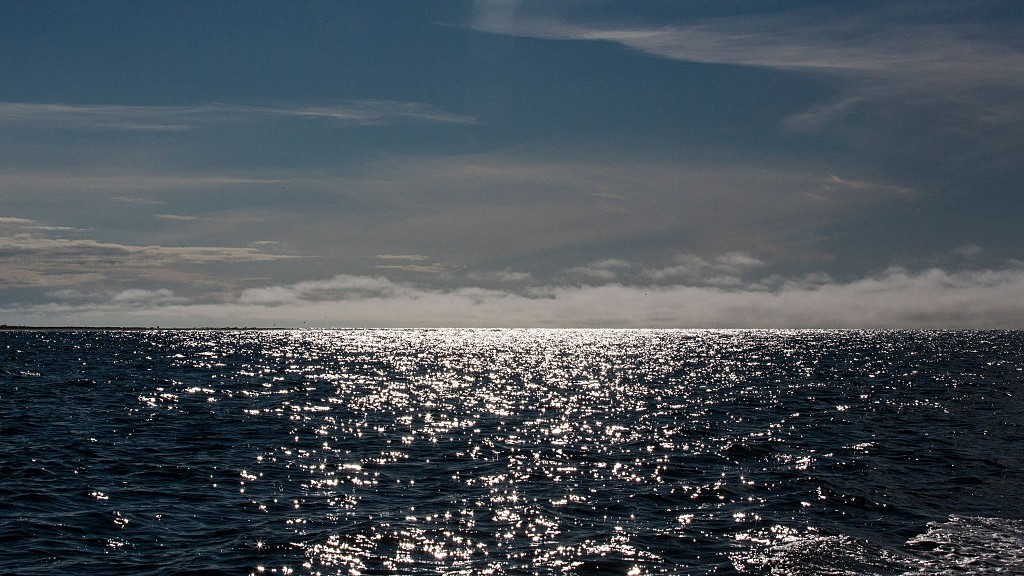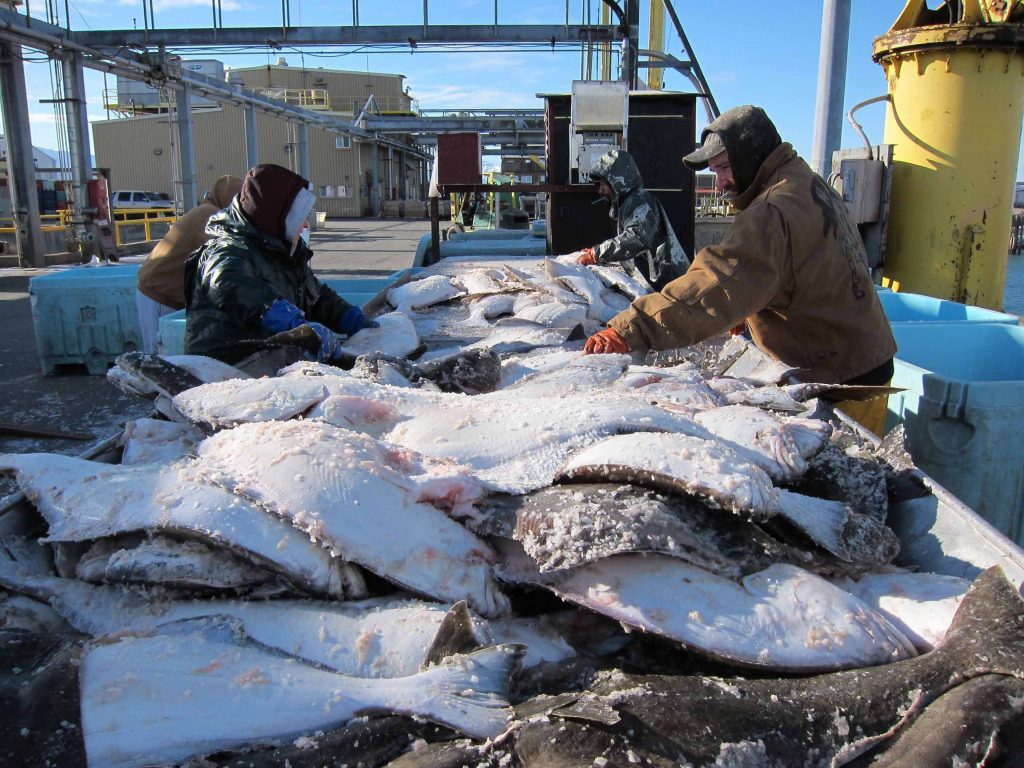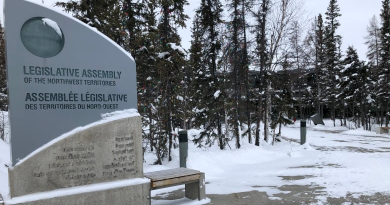Ecosystems shifting in Russia’s Arctic waters, scientists find

Species that previously were non-existent in Russia’s remote and icy Arctic waters are now found in big numbers.
The researchers that were on board the Professor Levanidov on the recent trans-Arctic expedition have remarkable stories to tell.
Among the discoveries made was halibut on more than 200 meter depths in the Laptev Sea (Russian central Arctic) and snow crab in the northeastern parts of the East Siberian Sea (eastern Arctic) and Chukchi Sea (far-eastern Arctic). They also found Alaska pollock in the waters of the Chukchi Sea and large numbers of big and mature polar cod in the Kara Sea.
The latter fish is more or less eradicated from the Barents Sea where other southern species have taken its place.
It is the massive influx of Atlantic waters in 2019 that has spurred the spreading of the new species to the region, research institute VNIRO informs. All the species mentioned traditionally belong to other far away waters and have migrated to the remote area in the course of the last few years.
“The climate changes of the past decade have swept away the borders between Arctic, Atlantic and Pacific water masses, including the respective characteristics of these waters, and lead to the shift in marine life in the oceans,” the researchers say about their conclusions.
The Professor Levanidov in July set out from Vladivostok on Russia’s far eastern coast and on 2nd October arrived in Murmansk, northwest Russia. The research ship owned and managed by VNIRO underway conducted unique ecosystem studies, including of local biological resources, ecosystems, feed basis, as well as climatic and hydrographic conditions.
According to institute Director Kirill Kolonchin, the trans-Arctic expedition is the first ever of its kind for Russian marine and fisheries research.

Effects on fishing industry
The marine resources identified during the expedition is likely to soon lead to the start of commercial fisheries in the area.
“Already now we can confirm that the data obtained in the course of the research expeditions in the northern water allow us to significantly increase prognosis for catch resources and consequently strengthen the position of Russia when it comes to Arctic bioresource management under the International Agreement to Prevent Unregulated High Seas Fisheries in the Central Arctic Ocean,” Kolonchin and his institute says in a comment.
Following this year’s expedition, the Professor Levanidov is believed to remain in Murmansk and join the regional fleet of fisheries research vessels. Over several years, the marine researchers in Murmansk have been in dire need of new ships. In 2018, the Russians failed to take full part in a joint expedition with Norwegian colleagues when their 35-year-old vessel Vilnyus broke down and had to be docked.
Related stories from around the North:
Canada: Earth set to warm 3.2 C by 2100 unless efforts to cut emissions are tripled: UN report, CBC News
Finland: Helsinki University christens new vessel for Baltic Sea research, Yle News
Norway: Barents Sea ecosystem undergoing dramatic change, study shows, The Independent Barents Observer
Russia: Warmest October ever on Russia’s Arctic islands, The Independent Barents Observer
Sweden: IPCC climate report warns “extreme sea level events” will occur frequently, Radio Sweden
United States: We’ll see an ‘ice-free’ Arctic this century, says latest research, CBC News



